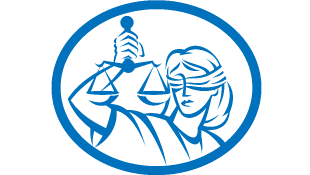
Regulated entities will need to take a close look at how the overruling of Chevron affects their regulatory and litigation strategies in dealing with federal agency action.
Washington, D.C. (July 1, 2024) – In a much-anticipated decision, on June 28, 2024, the Supreme Court issued a sweeping opinion “overrul[ing]” a 40-year old precedent that required judges to defer to federal agency interpretations of their governing statutes when those laws were ambiguous or silent. Loper Bright Enterprises v. Raimondo, et al. No. 22-451 (2024), overruling Chevron U.S.A., Inc. v. Natural Resources Defense Council, Inc., 467 U.S. 837 (1984).
The decision means that courts will no longer give special weight to an agency’s view of the scope of its regulatory powers but must apply independent judgment in deciding “whether an agency has acted within its statutory authority.” Loper Bright, slip op. at 35. Taking pains to explain that the new ruling would not allow for reversals of cases previously decided under the Chevron doctrine, the Court left no doubt that, in the words of Justice Neil Gorsuch, “[t]oday, the Court places a tombstone on Chevron no one can miss.” Id., Gorsuch Concurring Opinion at 1.
Writing for a 6-2 majority, Chief Justice Roberts forcefully condemned the Chevron-based principle that courts should defer to a federal agency’s interpretation of the scope of its legal authority, rejecting the concept that agencies have any special expertise in statutory interpretation, a field reserved to the courts, not the executive branch, under Article III of the Constitution and the Administrative Procedure Act, 5 U.S.C. § 551 et seq.
Ms. Luxton may be contacted at Jane.Luxton@lewisbrisbois.com